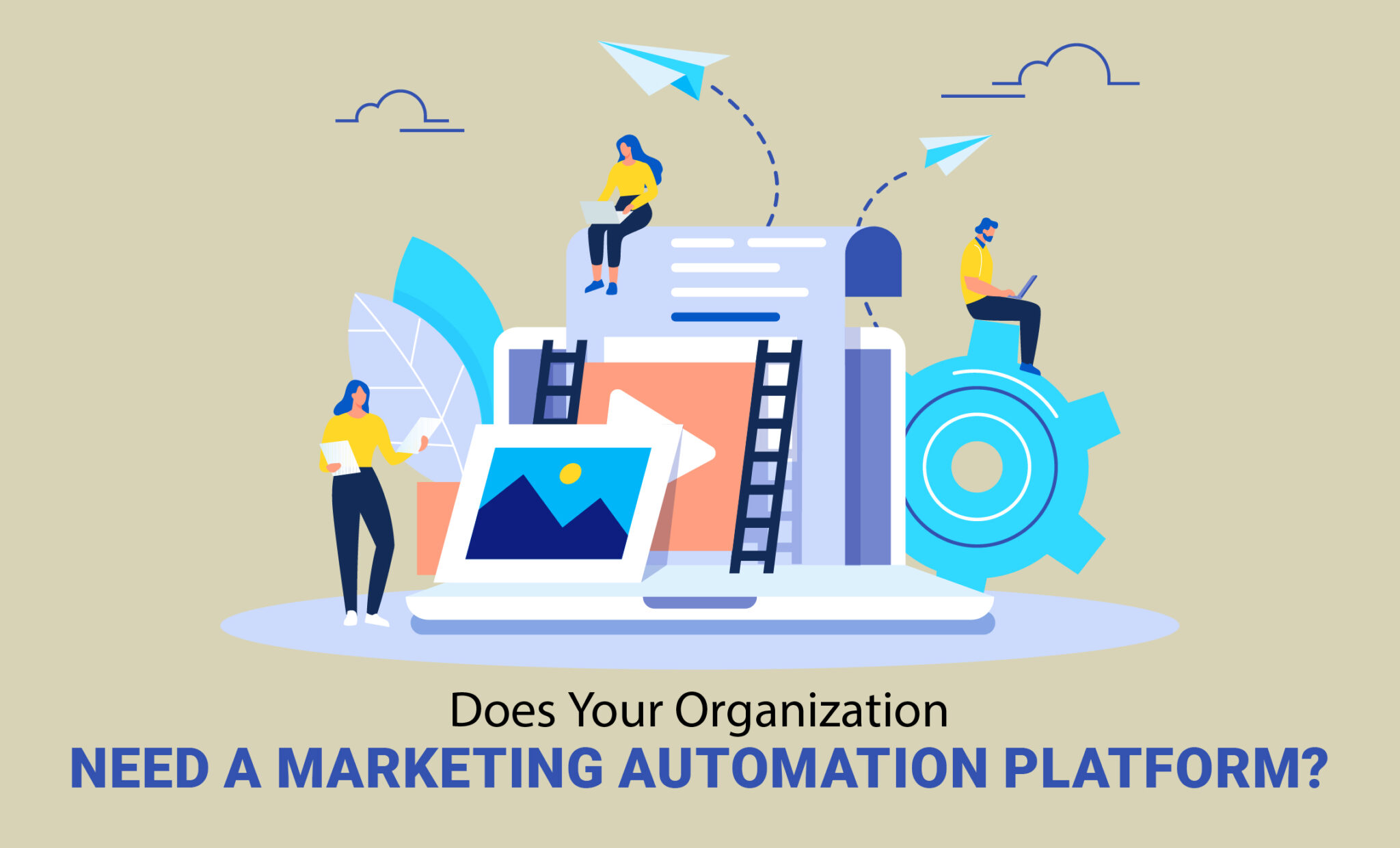The benefits of using a B2B MAP start with the potential for personalizing the buyer experience — but they don’t end there.
Does every B2B marketing organization need a marketing automation platform? There are many use cases for the solution; so many that it’s hard to imagine that most B2B marketing teams won’t find compelling reasons to automate at least some of their processes.
Our new report, “B2B Marketing Automation Platforms: A Marketer’s Guide” is now available for free download.
Overall, perhaps the most compelling is the increasing demand for personalization. B2B buyers, like consumers, expect sellers to provide experiences that meet their needs and concerns. It’s hard to do that at any scale without using automation.
The personalization imperative
Personalization is an increasingly important part of B2B marketing. Salesforce’s survey of B2B buyers and marketers found 69% expect companies to anticipate their needs, while 60% are comfortable with having their personal information gathered for the purpose of personalizing their experiences.
The benefits of using B2B marketing automation
The proliferation of channels and devices makes it difficult to target prospects with the right messages, on the right devices, at the right times. The rapid shift to all-online interactions sparked by the COVID pandemic also raised the level of competition in the inbox, so relevant messaging is more important than ever before.
Prospects are managing more of the buying process themselves. They are creating short lists of vendors by researching brand websites and social channels without ever speaking to a sales rep.
Being effective in this environment means marketers must be creative, targeted and aligned with sales goals; they must also have visibility into buyer attributes and behaviors. These challenging market dynamics and increased ROI pressure make these potential benefits of a MAP more attractive than ever.
These benefits include:
Increased marketing efficiency. Automating time-consuming, manual tasks around content
creation, management and personalization; campaign scheduling and execution; data hygiene; communication with sales; and lead nurturing, which saves time and improves productivity.
Enhanced ability to generate more and better-qualified leads. Marketing automation can
combine multiple criteria with a lead scoring system to generate and identify sales-qualified leads.
A multichannel view of prospect behavior. Today’s MAPs integrate multiple channels and
devices — including social media and mobile — to create more comprehensive prospect profiles
and holistic views of prospect behavior.
Better alignment of sales and marketing goals. MAPs can help align sales and marketing
efforts to ensure that sales reps are working with sales-ready leads.
Improved lead conversion and ROI. Numerous studies have found that using a marketing
automation system can increase conversions.
The following Pamela Parker, from 2023 provides their research perspective HERE.



